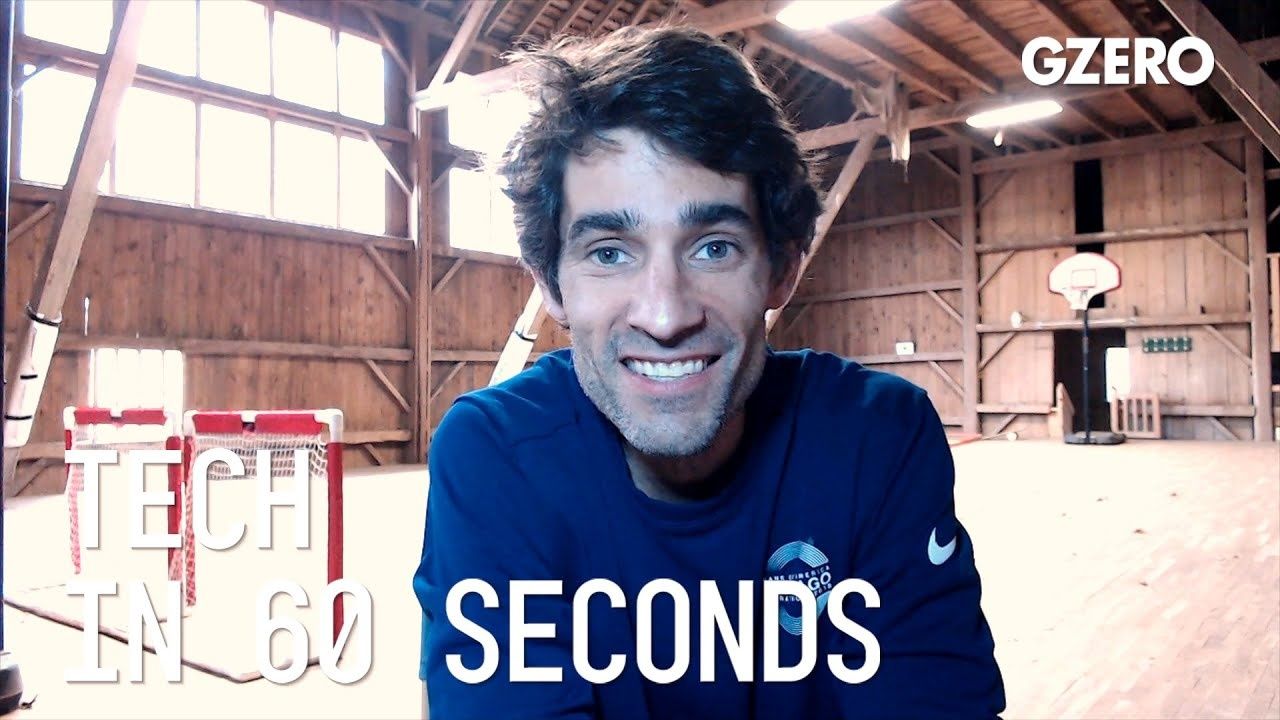In 60 Seconds
Fighting Climate Change & Regulating Big Tech in the COVID-19 Pandemic

Fighting Climate Change & Regulating Big Tech in the COVID-19 Pandemic | Tech In :60 | GZERO Media

How is the fight against the climate crisis going during this pandemic?
Well, on the one hand, it's I guess, going well because pollution has dropped dramatically, and carbon emissions has dropped dramatically because the economy has stopped. But on the other hand, we also had a major Earth Day and we didn't pay attention to it. There was a lot of momentum for the environmental movement before this. Obviously, we've all been distracted. My hope is that when we go back to work, when the economy restarts, we form new patterns that are better able to protect our planet. For example, we're not going to be flying as much and air travel is a major pollutant.
Has the battle to regulate big tech companies like Facebook gone away during the pandemic?
It has not gone away. People aren't focused on it. People like the tech companies much more than they did before. So, to the extent that the backlash against the tech companies was driven by public opinion, that has disappeared for now. But when this is over and the tech companies have gotten even wealthier and everybody else has lost their job, I'm not sure the backlash won't return. And certainly, on the legal questions, all of that work continues.
Mastercard Economic Institute's Outlook 2026 explores the forces redefining global business. Tariffs, technology, and transformation define an adaptive economy for the year ahead. Expect moderate growth amid easing inflation, evolving fiscal policies, and rapid AI adoption, driving productivity. Digital transformation for SMEs and shifts in trade and consumer behavior will shape strategies worldwide. Stay ahead with insights to help navigate complexity and seize emerging opportunities. Learn more here.
Despite a ceasefire in Gaza, Israel is still not letting foreign journalists in to independently verify what’s happening on the ground, CNN’s Clarissa Ward tells Ian Bremmer on GZERO World.
On Ask Ian, Ian Bremmer breaks down the steady escalation of US pressure on Venezuela and why direct military action is now a real possibility.
From civil conflicts to trade wars to the rise of new technologies, GZERO runs through the stories that have shaped this year in geopolitics.